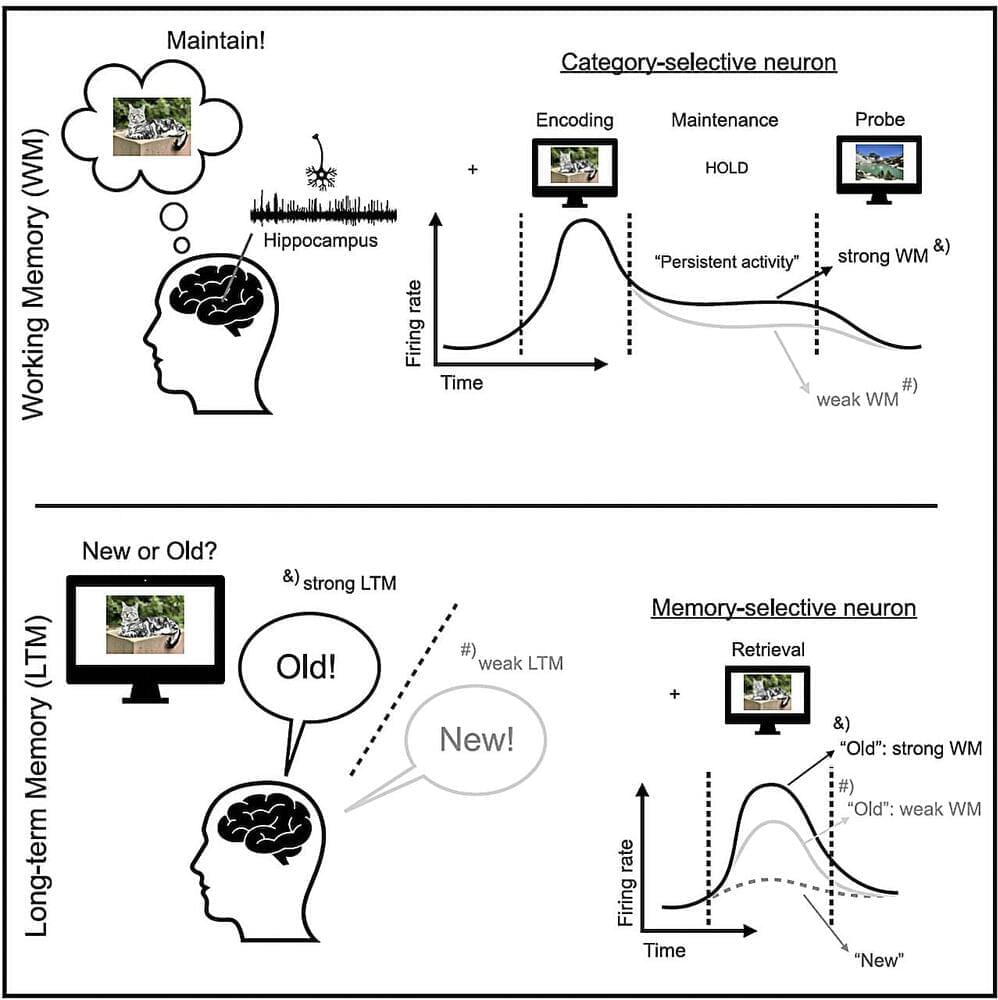New job listings reveal that OpenAI plans to develop sensors and other hardware for its upcoming robotics products.







Trying to spot contraband is a tricky business. Not only is identifying items like narcotics and counterfeit merchandise difficult, but the current most used technology—X-rays—only gives a 2D view, and often a muddy one at that.
“It’s not like X-raying a tooth, where you just have a tooth,” said Eric Miller, professor of electrical and computer engineering at Tufts. Instead, it’s like X-raying a tooth and getting the entire dental exam room.
But Miller and his research team have now found a possible solution that uses AI with deep learning to spot items that shouldn’t be there and is accurate 98% of the time. Their findings were published in Engineering Applications of Artificial Intelligence.

Multiterminal Josephson junctions, nanoscale devices with unique electronic properties, comprise non-superconducting metallic material coupled to three or more superconducting leads. These devices have proved to be promising platforms for the exploration of topological phenomena in condensed matter physics.
Researchers at Northwestern University and Aalto University recently proposed a new approach to studying the topological signatures of multiterminal Josephson junctions, which relies on the collection of resistance measurements.
Using their approach, outlined in a paper published in Physical Review Letters, they were able to observe these signatures, while also unveiling resistance patterns that are far richer than those predicted by physics theories.

A whitish, gray patch that sometimes appears in the night sky alongside the northern lights has been explained for the first time by researchers at the University of Calgary.
The article, which was published on Dec. 30 in the journal Nature Communications, explores a “structured continuum emission” that’s associated with aurora borealis.
“You’d see this dynamic green aurora, you’d see some of the red aurora in the background and, all of a sudden, you’d see this structured—almost like a patch—gray-toned or white toned-emission connected to the aurora,” says Dr. Emma Spanswick, Ph.D., lead author on the paper and an associate professor with the Department of Physics and Astronomy in the Faculty of Science.

Normandie University researchers have identified critical links between the brain’s inhibitory memory control mechanisms and resilience to post-traumatic stress disorder (PTSD). They examined how the hippocampus and prefrontal memory control processes adapt over time in individuals exposed to trauma, with findings suggesting that the plasticity of these systems supports recovery from PTSD and protects against further neurological damage.
PTSD involves intrusive memories and emotional distress following trauma, with significant attention previously focused on stress vulnerability and hippocampal alterations. The hippocampus, critical for memory processing, is highly susceptible to stress, which can result in structural and functional impairments.
Brain resilience is the process that mitigates stress effects and involves neuroplasticity, or the brain’s ability to reorganize itself. The specific neural mechanisms underlying resilience have remained unclear, though outcomes related to regional brain activation have been observed.

The human working memory (WM) is the cognitive system responsible for the temporary storage and processing of information vital to task completion. In contrast, human long-term memory (LTM) is the system that holds information for prolonged periods of time, organizing acquired knowledge into distinct categories, such as facts, events, skills and habits.
For decades, most psychologists and neuroscientists have viewed these two memory components as separate systems, one tackling short-term and the other long-term tasks, supported by distinct neural processes. Therefore, most studies conducted so far have focused on only one of these systems, instead of exploring the potential connections between working memory and long-term memory processes.
Researchers at the Cedars-Sinai Medical Center and other institutes recently set out to simultaneously investigate the neural underpinnings of both WM and LTM, to determine whether these systems utilize some common mechanisms to store information. Their findings, published in Neuron, suggest that the two systems interact in the hippocampus, with persistent WM activity predicting the formation of LTM.